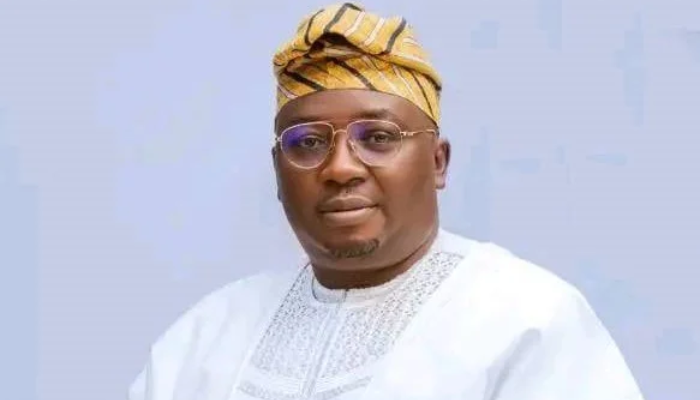The Federal Government (FG) has successfully retrieved N12.7 billion from a local supplier in a metering funds recovery effort spanning over two decades.
This development was revealed by Adebayo Adelabu, minister of power, shedding light on a long-standing financial discrepancy that has now been rectified.
According to Adelabu, the government paid N32 billion ($200 million) to a local supplier for three million meters in 2003, yet not a single meter has been provided up to now.
“In 2003, the federal government was to procure 3 million meters. Our metering gap then was less than 4 million. And there was a $200 million made available to procure this. It was given to a Nigerian meter company. It was N32 billion as of that time,” Adelabu said.
He added that despite efforts by subsequent administrations to recover the fund, they were unsuccessful.
However, upon assuming office, he said his ministry had successfully recouped N12.7 billion of the N32 billion disbursed.
“When I got to the office, I told the president that we have to insist that this woman returns the money. The first thing I did was to ensure that she returned N12.57 billion to those who were supposed to meter all military formations,” Adelabu said.
He added, “The remaining balance is yet to be released by the company. And we are talking about a meter gap”.
Read also: Senate approves $500m loan for mass metering
Adelabu said that the mandate given to him by President Bola Tinubu is to procure 10 million meters within the next five years to bridge the metering gap in the country.
Despite various initiatives set up by the federal government to bridge the metering gap, a report by the Nigerian Electricity Regulatory Commission (NERC) showed that out of the total 12,825,005 registered electricity customers, only 5,707,838 have meters, indicating that over 7.1 million registered customers still are subjected to the estimated billing system.
To close this gap, President Bola Tinubu-led administration recently established a Presidential Metering Initiative, Adelabu.
According to Adelabu, the government has approved the Presidential Metering Initiative (PIM) and has created a Presidential Metering Council with the mandate to procure two million meters this year alone.
Adelabu said this initiative will eliminate the metering gap in the country in the near future.
“The government has approved the presidential metering initiative and has created the presidential metering council for which I am the chairman. Our mandate is to procure 10 million meters within the next five years.
“This year, two million meters are going to be procured, plus 1.5 million meters from the World Bank. We are going to have 3.5 million meters this year,” Adelabu added.
The Bureau of Public Enterprises (BPE) announced on May 30, that the federal goovernment secured a $500 million World Bank loan to bolster Nigeria’s electricity distribution sector.
The BPE stated that the loan has been secured to address the numerous challenges facing the distribution companies (Discos) in the country.
“In a strategic move to address the identified gaps in the electricity distribution companies, the Federal Government of Nigeria has secured a $500 million loan from the World Bank,” BPE said in a statement issued in Abuja by its Head of Public Communication, Amina Othman.
It added, “Approved on February 4, 2021, by the World Bank board of directors, this funding supports the Nigerian Distribution Sector Recovery Programme aimed at improving the financial and technical performance of the Discos.
“To ensure repayment assurance, the Bureau of Public Enterprises sought and obtained approval from the Nigerian Electricity Regulatory Commission and the National Council on Privatisation for a structured repayment hierarchy.
“This structure prioritises payments as follows: 1. Statutory payments (taxes); 2. Repayment of CBN market loans; 3. Market obligations; 4. Repayment of DISREP loan; 5. Discos’ net revenue. This structured repayment plan aims to mitigate risks associated with repayment uncertainty and defaults, with regulatory sanctions imposed for any defaults,” BPE stated.
Power distribution companies in Nigeria have faced widespread criticism for being the weakest link in the country’s power value chain due to numerous shortcomings.
Additionally, there are frequent complaints about poor power supply in many areas served by electricity distribution companies. Consumers on estimated billing also accuse the Discos of extortion, among other concerns.
